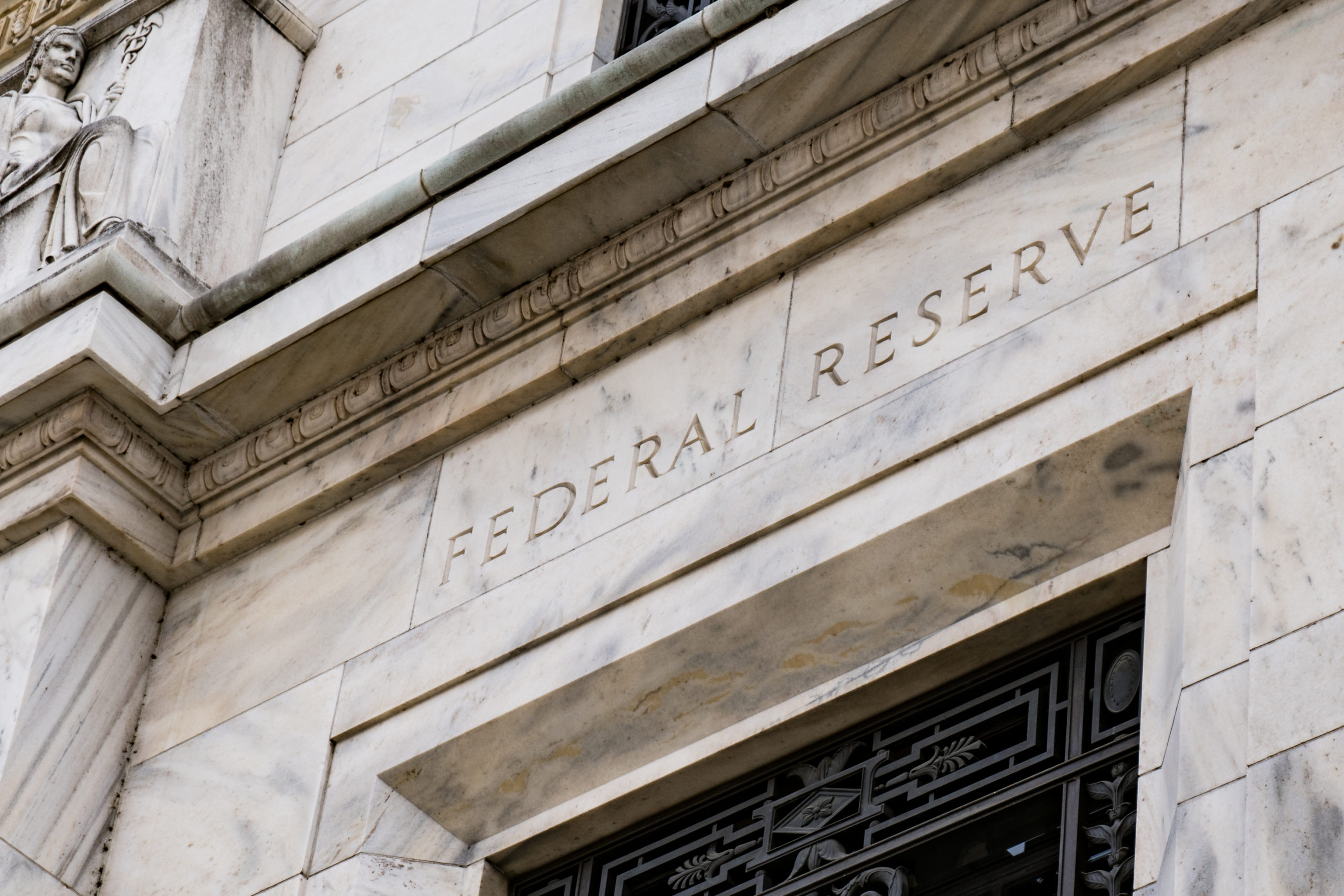The Federal Reserve did not rescue the dollar from its year-end funk.
We now enter the traditionally quiet holiday trading period. This year may see unusual volatility, however. Pandemic restrictions continue to increase on both sides of the Atlantic. Finally, Brexit negotiations continue down to the wire. While there are no critical economic releases or monetary policy meetings scheduled for this week, political headlines could still make for unusually lively Christmas trading.

GBP
The modest weekly change in sterling hides some serious intra-weekly volatility driven by the changing headlines and expectations over a Brexit agreement. The new, more contagious COVID strain detected in the UK and the lack of a final agreement knocked the pound from its mid-week highs. While most still expect a modest agreement to be reached, the spreading travel ban from the UK to Europe on fears of the new viral strain is hitting the pound hard as this is written.
We expect a modest agreement to be reached this week, but think that it is largely priced in and the new COVID headlines will have a bigger impact on sterling trading into year-end.
EUR
The euro was buoyed by stronger than expected PMI business activity data in December. It seems that Eurozone businesses are adapting better to the new wave of lockdowns and restrictions than the first time around. At least, business activity did not shrink in December, which must be counted as a significant win. Inflation news, while bad, was at least no worse than expected, with core inflation remaining at the lowest level ever but not breaking down to new lows.
We maintain a positive view of the euro in the long run but think it is vulnerable to a partial pull back in the next few weeks.
USD
Markets took away a very dovish message from Chair Powell regarding the attitude of the Federal Reserve and its weighing of the different risks to the economic outlook. The fiscal stimulus package that was agreed to over the weekend was largely in line with market expectations.
Meanwhile, high frequency economic indicators like new weekly jobless claims continue to signal loss of momentum in economic activity, while the numbers for the third US COVID wave have yet to show any meaningful improvement. While in the short-term the dollar may have fallen too much, too fast, we remain bearish on its prospects over the medium-term.